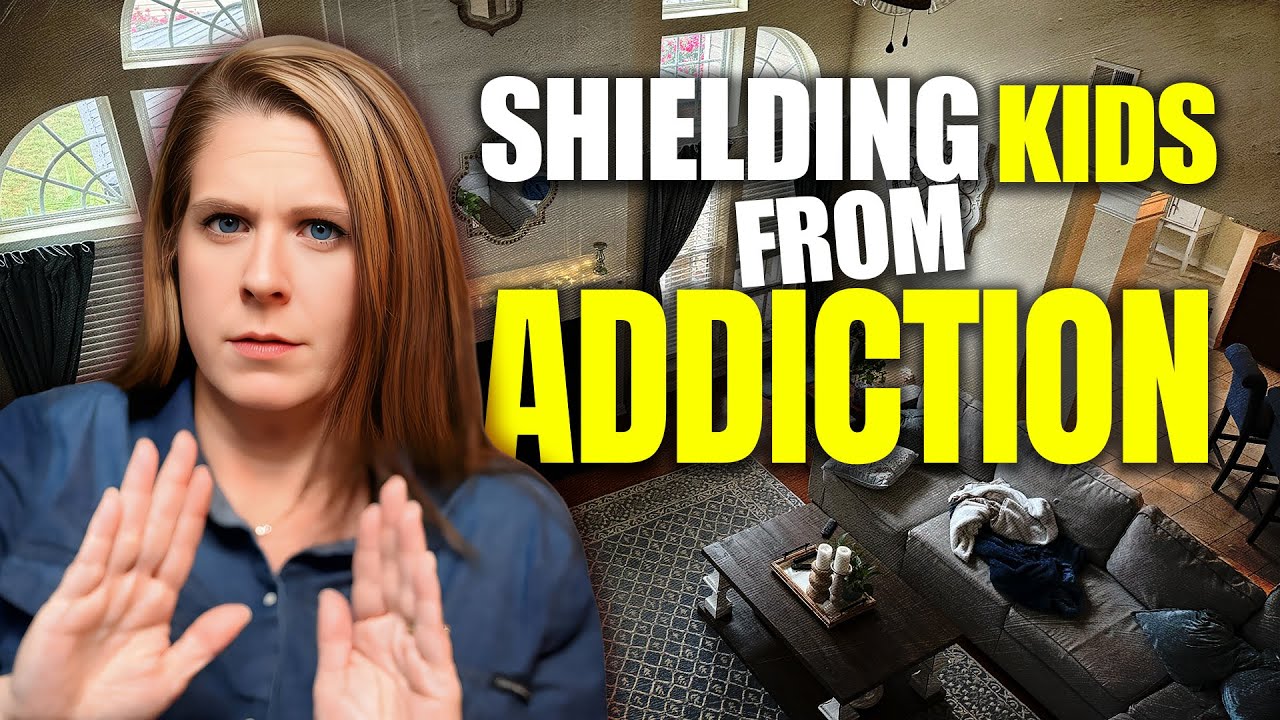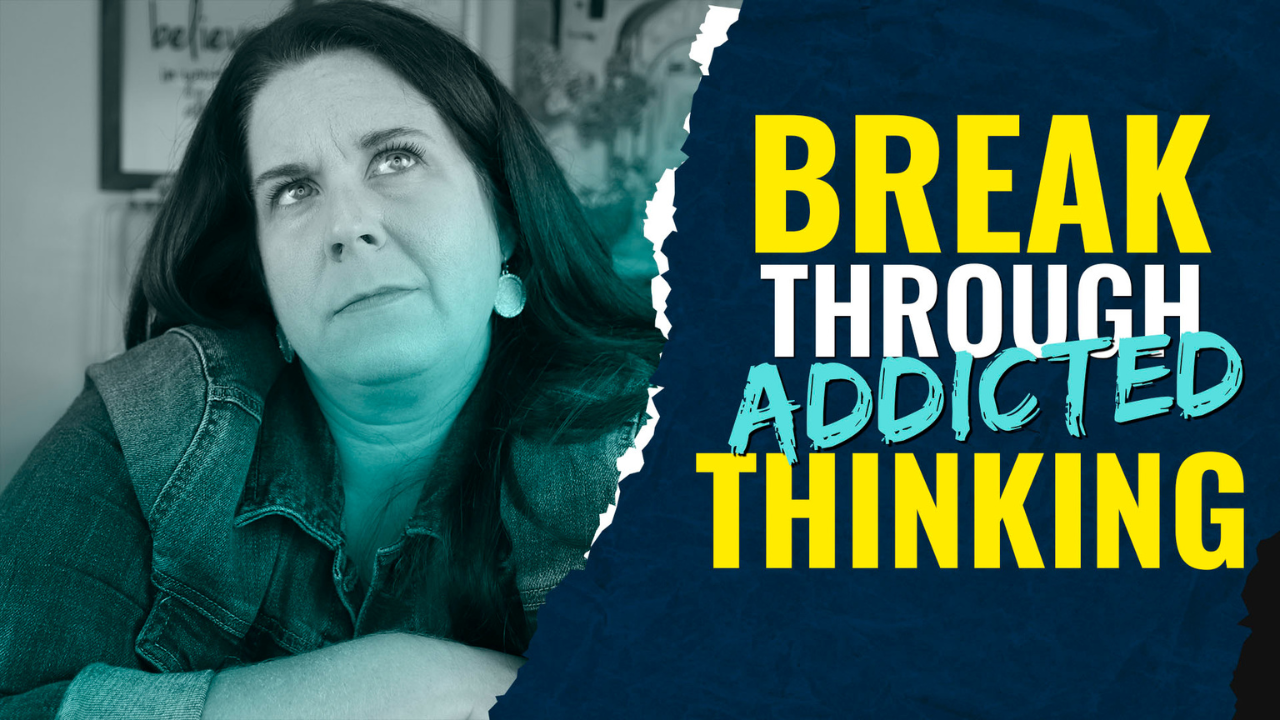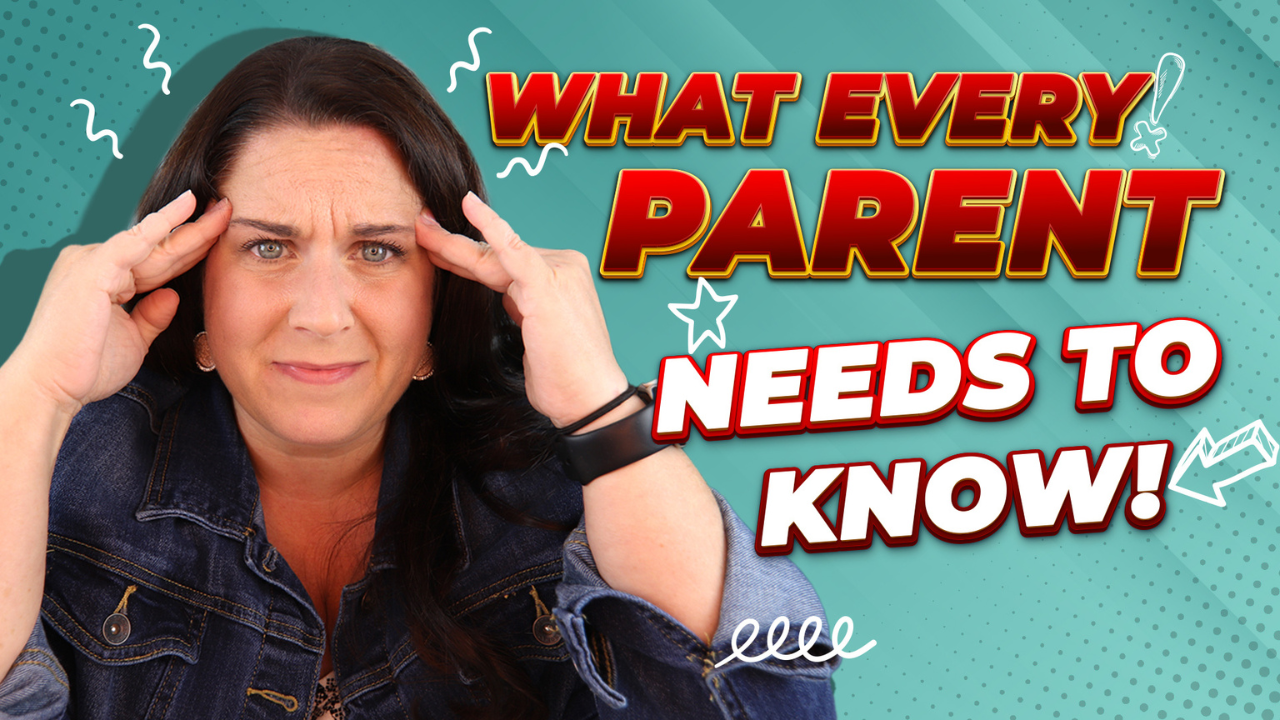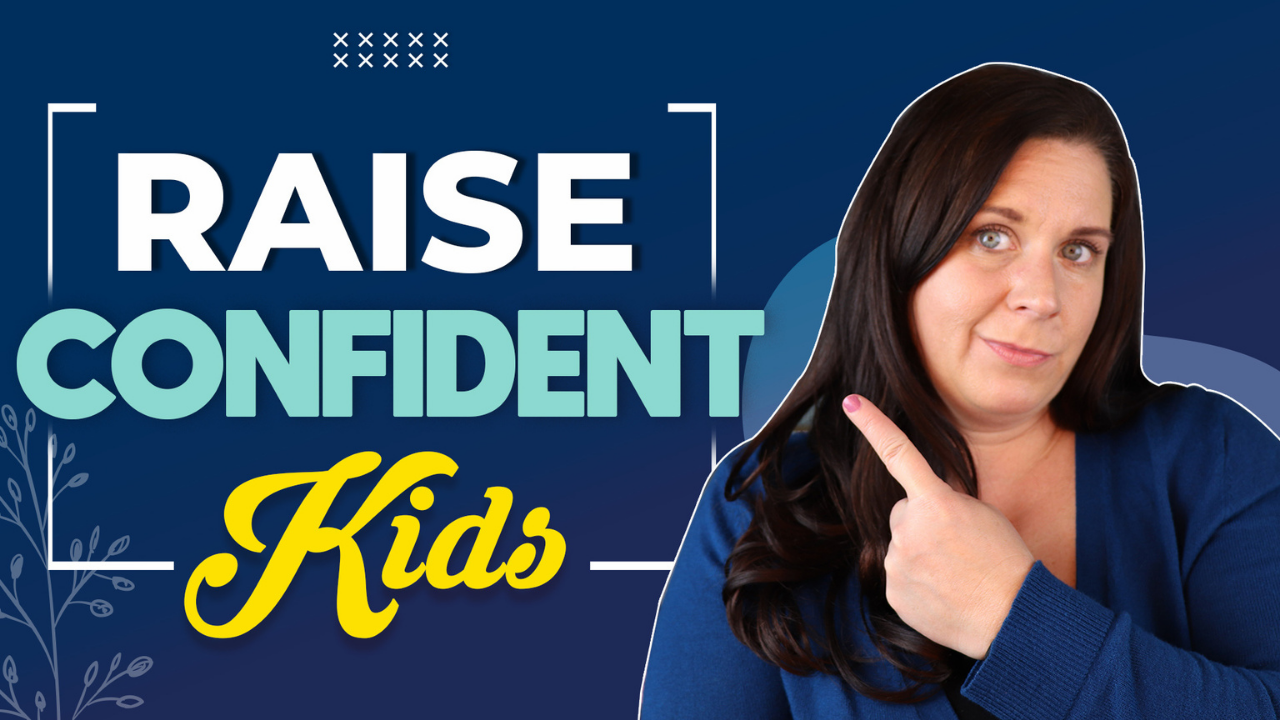Caught in the Crossfire: Protecting and Supporting Kids with an Addicted Parent
A Tragic Wake-Up Call: Addiction, Denial, and the Hidden Dangers to Our Children
Last week, I came across a story that sent chills down my spine, and I haven’t been able to shake it since. As someone who works with families impacted by addiction every day, this one hit especially hard. Not just because of the heartbreaking outcome, but because it could easily happen to any family dealing with substance abuse behind closed doors.
I was driving home from work, listening to one of my favorite true crime creators, Stephanie Harlow. Her newest case was about a 2-year-old girl named Parker Chez, who tragically died after being left in a hot car on a day when temperatures soared above 100 degrees. That alone is gut-wrenching, but it’s the addiction component woven into the story that made it feel painfully familiar.
The Hidden Addiction Behind the Headlines
Parker’s father, Christopher, was the primary caregiver while the mother, Erica, a medical professional, was the main breadwinner. ...
Exactly What to Do If Your Loved One Relapses
How to Handle a Loved One's Relapse: Steps for Recovery and Support
Discovering that a loved one has relapsed after a period of progress can feel like a punch to the gut. It's overwhelming, heartbreaking, and often leaves you unsure of how to respond. While it's normal to feel a wave of emotions, how you handle the situation can make a big difference in what happens next. Although you can’t control their actions, your response can influence the outcome. Let’s walk through some essential steps to take that can help guide your loved one—and yourself—toward a healthier path.
1. Get Clear Before Taking Action
Before you take any steps, make sure you're confident that a relapse has occurred. If you’re only suspicious but not certain, it’s better to hold off on confronting them. I recommend watching my video on [How to Tell If Your Loved One Has Relapsed](#), which covers some clear indicators that might help you get clarity. Once you're about 80-90% sure, it’s time to move forward.
2. A...
5 Signs Someone Has A Drinking PROBLEM
Recognizing the Warning Signs: Is Your Drinking Becoming a Problem?
Today, we're diving into a crucial topic that often lurks in the shadows of denial: alcohol consumption and its potential pitfalls. In this blog post, we're breaking down the insights shared by Amber Hollingsworth, a seasoned Master Addiction Counselor, from her enlightening YouTube video.
In her compelling video, Amber emphasizes the importance of recognizing the early signs of problematic drinking behavior. She brings over 20 years of experience to the table, aiming to empower individuals to intervene before alcohol takes control.
The Five Major Signs:
Let's dissect the five major warning signs Amber highlights:
1. Over-Drinking Patterns:
- Do you often surpass your intended limits?
- Alcohol disrupts the brain's control mechanisms, leading to overindulgence.
2. Recurring Regrets:
- Have you experienced regrettable actions under the influence?
- Frequent remorse signifies a deeper issue that demands attention.
Redefining Parenthood: Navigating Life with an Addicted Child

Reclaiming our lives as parents with children in recovery.
We discussed the need to change our parenting roles to help our children recover from addiction. Today, we will delve into redefining our parenting and adopting a new approach that fosters independence, growth, and empowerment for our children and ourselves. This journey will require grit, determination, and a willingness to let go of our old parenting habits. So, let's explore how we can achieve this and find joy and pride in our parenting and personal lives.
The Unthinkable: Letting Go
One of the most challenging aspects of redefining our parenting role is accepting that we cannot protect our children from the world. As they embark on their recovery journey, we must understand that they must learn to navigate life independently. This can be particularly difficult for parents of children with addictions, as we may have to let go sooner than other parents whose children are in their mid-twenties.
To foster our children's...
From Struggle To Strength: Parenting an Addict
Parenting children with addiction can be an incredibly challenging and emotionally taxing experience. As a parent, it's natural to question why you need to change and adapt to the situation. However, understanding the need for personal growth and transformation is crucial for your well-being and your child's recovery journey.
We'll explore the importance of change, parents' internal struggles, and the stages of parenting children with addiction. We'll also discuss the significance of joining a supportive community like the Positive Parenting Group to navigate this journey effectively. So, let's dive in!
Embracing Change for Emotional Well-being
Many parents wonder why they should change when their child struggles with addiction. But the truth is, resisting change only perpetuates negative emotions like anger, sadness, resentment, and grief. It's essential to recognize that your well-being and emotional state are just as important.
By embracing change, you have the opportunity to ...
Is it okay to allow my addicted son/daughter to live in my home?
 (In this post, we're basing this on adult-18+ years old)
(In this post, we're basing this on adult-18+ years old)
Are you a bad parent if you let your addicted son or daughter live in your house?
If this is a thought you've had, you've likely also felt guilty for letting them stay, risking enabling them, but you also feel guilty if you make them leave.
There are a ton of mixed feelings when it comes to this. You may resent the chaos they're bringing to the house, but you also feel terrified about what will happen if you don't let them stay.
There's no black or white, yes or no answer to the question of whether or not it's okay to let your addicted son or daughter live in your house.
I can't tell you exactly what to do, but I can help you think through the situation objectively because it's essential that you not make this decision in an emotional state.
Let's say your addicted son or daughter comes home, and they do something that makes you mad, and you yell and scream and throw them out in the heat of the moment; that's a terrible...
If Your Son or Daughter Is Struggling With Addiction, This Video Is For You
What does it take to get through their denial and get them to see that they are ruining their life and yours and finally do something about it?
The challenge with young adults-- not only do they have to figure out how not to use drugs. They have to figure out how to be an adult too. Most of the time, young adults who abuse drugs/alcohol for a long time haven't developed adulting skills. They're likely emotionally stuck in the age of when they started using regularly.
It's time to fill their pride tank.
A lot of young adults that are struggling with addiction have no self-worth and little self-pride. That tank is depleted, so much of our programming is to give them the life skills they need to refill that tank.
An example of filling someone's pride tank they use at Greenville Transitions is to partake in physical activities with a clinician. David shares an experience that happened to someone recently.
"We do a lot of UFC gym work where they do Brazilian jiu-jitsu. We had a gu...
The Unpopular Truth About Marijuana Addiction in Teens/Young Adults
You may be wondering if your son or daughter falls into the addiction or regular use category of marijuana use. There are official criteria, and I'll put them HERE, but for now, ask yourself these four questions:
#1-Do I know that my kid is using marijuana regularly or has a strong belief that they are?
#2- Does my kid seem to be more depressed and anxious?
#3- Does it seem like my kid is stuck like they're not moving forward?
#4- Does it seem like you're having difficulty getting your son or daughter to be responsible for themselves?
I'm sure you've noticed over the past several years, marijuana has become more acceptable and accessible. Marijuana is the most challenging addiction that I treat. It is extremely tough to get someone to recognize that it is the marijuana causing the problems they're frustrated with. The person almost always feels like marijuana is the only good thing in their life.
There is one little piece of good news here--Early in my career as an addiction co...
Pro Tips For Raising Confident / Resilient Kids
No matter how hard you try, your child is going to run into obstacles, difficulties, and roadblocks. They're going to have their challenges. It doesn't matter how much money, resources, or how many people you know. No matter how much you try, there will be problems and challenges. That's OKAY!
That's a good thing because that's how we build character. Knowing that you're creating confident, secure, resilient kids is one of the most important aspects of parenting. Easier said than done, right? The good news is it doesn't have to be perfect. Once you understand these principles, you might feel a little less pressure to make everything perfect, and your kid will feel a little less pressure, too.
(This topic is relevant to addiction, but it's also relevant to any parent out there. All of these strategies I'm about to give you can work on anyone, whether they're your kid, a work partner, a friend, or a spouse. This is how to help other people feel more confident, secure, and resilient.)...
Growing Up With a Functional Alcoholic/Addict Parent (The Uncomfortable Truth)
Does my drinking or substance use affect my kids?
Of course, it does, but HOW does it affect your kids? Some
of these things might be difficult to hear, but necessary.
We're going to be looking at it from the child's point of view, focusing specifically on how a parent's alcohol or other substance use or abuse affects you as a kid and even as an adult now.
If you want to know if you have an addiction or a loved one has an addiction problem and how severe that problem is, you can click HERE to download the criteria for substance use disorder.
Affect #1: When you're using substances, you are modeling that behavior for your kid. If you use substances in your home, you're modeling that's the way adults in the family have fun or party. It may come across to your kid as really glorified, "Ooh, that's how adults are happy! That's how adults connect. When I get older, I'm going to do that!"
If you're using substances to help you cope with stress or problems, then you're also modeling that...








